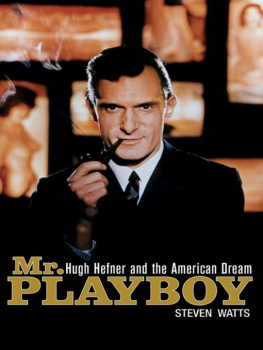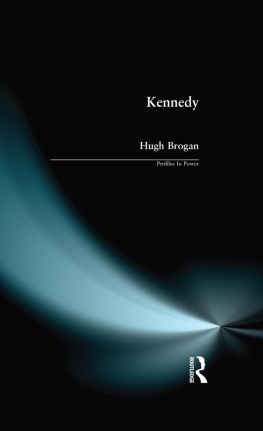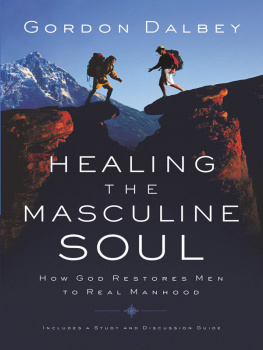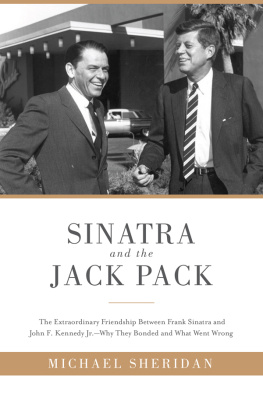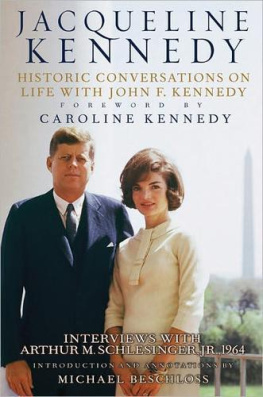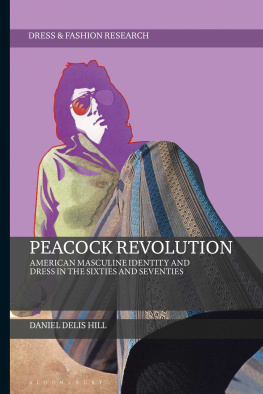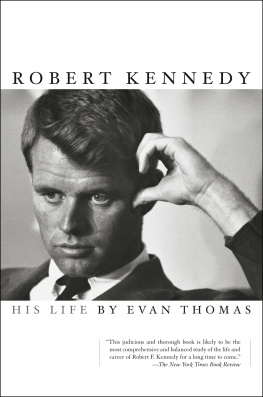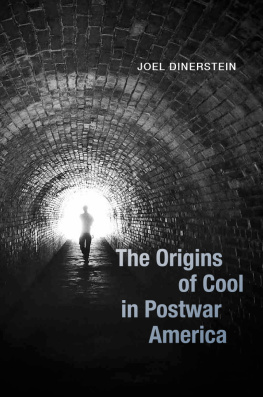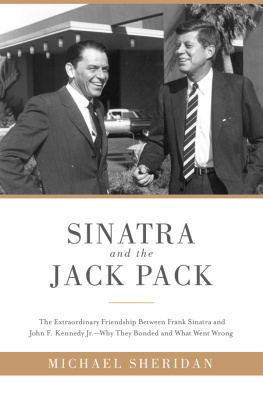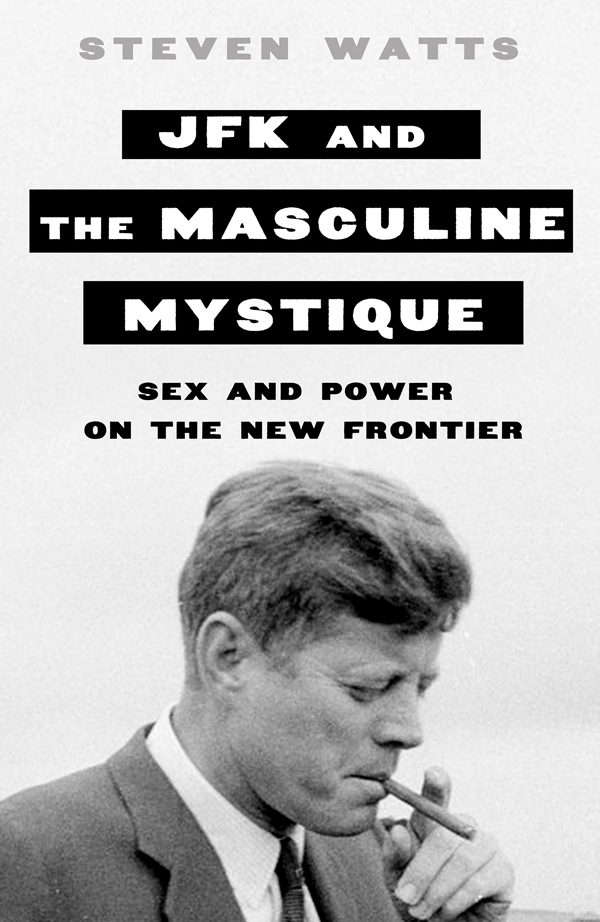Contents
Guide

The author and publisher have provided this e-book to you for your personal use only. You may not make this e-book publicly available in any way. Copyright infringement is against the law. If you believe the copy of this e-book you are reading infringes on the authors copyright, please notify the publisher at: us.macmillanusa.com/piracy.
For the University of Missouri, my professional home for many years, and a humane, tolerant, and distinguished institution of higher learning that has provided an excellent education to many generations of the states young people.
It is a pleasure to acknowledge the many people who have contributed to the making of this book. Several colleagues from the Department of History at the University of Missouri read the manuscript and generously offered a wealth of suggestions and criticisms: Robert Collins, Victor McFarland, Jonathan Root, Jonathan Sperber, and John Wigger. Another colleague, Catherine Rymph, led me to a number of insights in a couple of interesting discussions about Mad Men and the Kennedy ethos, while Melinda Lockwood assisted with numerous technical issues in preparing the manuscript and images. Another circle of friendsArmando Favazza, Ann Korschgen, Cindy Sheltmire, Marty Townsend, Steve Weinbergcritiqued the manuscript, corrected mistakes, and made many useful suggestions for improvement.
The Kinder Institute for Constitutional Democracy at the University of Missouri provided a lecture forum for trying out some of my ideas about JFK, masculinity, and politics. In Ellis Library at MU, several librariansDorothy Carner, Dolores Fischer, Gwen Gray, Sandy Schieferdeployed their considerable skills to help locate and procure elusive research sources. Steve Martinez, archivist at the Playboy Mansion in Los Angeles, kindly assisted me with locating some key items regarding Hugh Hefner and Kennedy. The JFK Library proved invaluable with its massive collection of online source material on Kennedys life and career. At Thomas Dunne Books, Emily Angell skillfully edited the manuscript while making some shrewd suggestions about trimming and tightening the original submission, while Jennifer Letwack assisted with a host of tasks as the book moved to completion.
Cassandra Yacovazzi, first a student and then a colleague at the University of Missouri, provided invaluable service as a research assistant. She chased down many hard-to-locate source materials, made numerous suggestions about new avenues of research and interpretation, and read the entire manuscript with a keen and discerning eye. My friend and agent, Ronald Goldfarb, himself a recruit for the New Frontier many years ago, not only did his usual outstanding job on the business end of things but convinced me I had something new and interesting to say about JFK.
My greatest thanks go to my wife, Patti, and daughter, Olivia, both of whom probably heard more than they ever wanted to about Kennedy and his circle over the last few years. The former provided a sounding board for my reflections on JFKs life and career and contributed her usual intelligence and perception to helping me make sense of things. The latter often asked me how the book was coming along on our daily rides home from her grade school, and displayed great patience as her father watched far too many films and videos from the olden times of the 1950s and 1960s on the family television. Their love and support was indispensable.
It seemed to me that men werent really the enemythey were fellow victims, suffering from an outmoded masculine mystique that made them feel unnecessarily inadequate when there were no bears to kill.
BETTY FRIEDAN, The Feminine Mystique
Thou wert the morning star among the living,
Ere thy fair light had fled;
Now, having died, thou art as Hesperus, giving
New splendor to the dead.
PERCY SHELLEY, Adonais: An Elegy on the Death of John Keats
The Washington landscape seemed to me littered with male widows [after JFKs assassination].
JOSEPH ALSOP, Ive Seen the Best of It
Coming to terms with John F. Kennedy is no easy matter, although it is certainly not from a lack of effort. Hundreds of books and articles have been written on the thirty-fifth president since he moved into the public spotlight in the mid-1950s. On the fiftieth anniversary of his assassination several years ago, for example, a tidal wave of volumes swept over the reading public treating various aspects of his life, death, administration, and legacy. Yet these many efforts have been strangely unsatisfying. Neither the human being nor the historical import of his endeavors has ever quite come into focus. As an article in The New York Times observed of the multiplying volumes on Kennedy, To explore the enormous literature is to be struck not by whats there but by whats missing. Readers can choose from many books but surprisingly few good ones. There remains, argued the author, a fundamental elusive detachment about JFK that foils the biographers and the historians and the political scientists just as even during his lifetime, Kennedy defeated or outwitted the most powerfully analytical and intuitive minds. Both the man and his meaning have avoided capture.
Part of this elusiveness stems from the devastating impact of Kennedys assassination in November 1963. He has been frozen in time, in our minds eye forever young and vigorous, cool and witty. It is simply impossible to imagine JFK as a decrepit old man with a receded hairline, clouded vision, halting gait, and quaking voice. We can never know how his story would have ended. Thus, after the tragedy in Dallas and the images burned into the national consciousnessWalter Cronkites breaking voice and brimming eyes as he announced the presidents death on national television, Jackie Kennedys blood-splattered pink suit as she returned to Washington, D.C., with her husbands body, three-year-old John Kennedy Jr.s heartbreaking salute to his fathers casket as it moved by on its horse-drawn caisson, the slow parade of dignitaries and political leaders walking the broad avenues of Washington, D.C., in a mournful processionit seemed only natural to embrace the Camelot myth. Its portrait of the heroic, idealistic young leader struck down in his prime performed the double task of all mythology: inspiration and emotional sustenance, on the one hand, obfuscation and self-delusion, on the other.
But Kennedys elusiveness stems not from tragedy and sentiment alone. It also flows from his profound internal contradictions. For in the storied symbolism of Camelot, ironies abounded. Kennedys image as a youthful advocate of vigor and physical fitness carefully screened from the public his nearly crippled condition from Addisons disease and spinal degeneration that required a back brace and extensive drug regimen to function on a daily basis. His image as a peace advocate masked a career trajectory as a stern anti-Communist who supported Joseph McCarthy in the 1950s and a fervent cold warrior who ran to the right of Richard Nixon on foreign affairs in the 1960 election. His image as a civil rights crusader concealed that he had voted against the 1957 Civil Rights Act, dragged his feet for years over desegregating federal housing, and found Martin Luther King Jr.s crusade to be an annoying distraction from foreign affairs in the early 1960s. His image as a cosmopolitan sophisticate ignored his penchant for dozing off at the ballet and the symphony and his personal preference for books such as the gossipy treatment of the English aristocracy The Young Melbourne, songs such as Wont You Come Home, Bill Bailey, romantic landscape paintings of the Old West, and cowboy movies.


